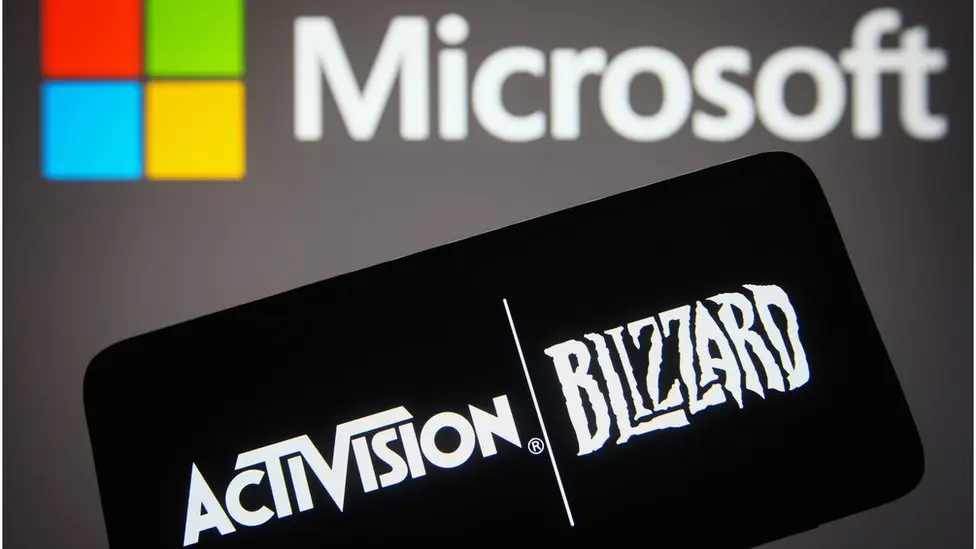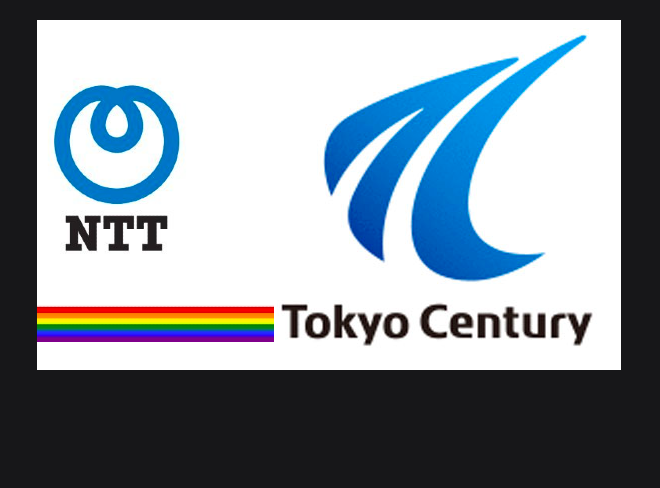Microsoft’s $69 billion acquisition of Activision Blizzard has received approval from European Union regulators. The European Commission, the EU’s executive arm, gave the green light to the deal after Microsoft offered remedies to address antitrust concerns related to cloud gaming.
To allay concerns, Microsoft proposed remedies that focused on allowing users to stream Activision games they purchase on any cloud streaming platform. This was a crucial issue for regulators globally, who were investigating whether Microsoft’s acquisition could lead to unfair competition in the console and cloud gaming market.
Last month, the UK’s competition authority blocked the deal, citing concerns about reduced competition in the emerging cloud gaming market. The authority was worried that Microsoft would make exclusive deals with Activision’s key games, such as Call of Duty, favouring its own cloud gaming platforms and harming competition.
The European Commission, however, found that the Activision acquisition would not diminish competition in the console market, given the dominant position of Sony with its PlayStation.
Cloud gaming enables players to stream games from servers, eliminating the need for expensive dedicated hardware like consoles. These games can be played on existing devices such as TVs, smartphones, and laptops. The success of cloud gaming relies on a robust catalogue of games that users can access instantly through subscription services, similar to Netflix.
To address competition concerns, Microsoft has pledged to offer royalty-free licenses to cloud gaming platforms for streaming Activision games purchased by consumers. This means that gamers who buy an Activision game will be able to stream it on any cloud gaming platform of their choice. The intention is to allow gamers the flexibility to stream the games wherever they prefer, rather than being tied to the platform of purchase.
Despite EU approval, Microsoft still faces challenges in convincing rivals like Sony and other regulators, including the U.S. Federal Trade Commission (FTC), that the acquisition will not harm competition. The ongoing case between the FTC and Microsoft is yet to be resolved.
The European Union is a political and economic union comprising 27 member states, primarily located in Europe. It was established to promote peace, stability, and economic cooperation among its members. The EU operates a single market that facilitates the free movement of goods, services, capital, and people within its member states. The Eurozone, a subset of EU member states, shares the euro as its common currency. The EU has various institutions, including the European Commission, European Parliament, Council of the European Union, European Council, and Court of Justice of the European Union, which play different roles in its functioning.





